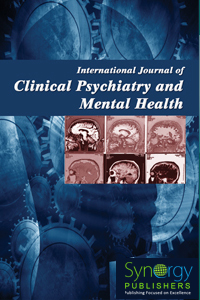
Compulsory Treatment in Anorexia Nervosa: The Case of Israel Pages 131-140
Yael Latzer1,2 and Adit Zohar-Beja3
1Faculty of Social Welfare and Health Sciences, University of Haifa, Haifa, Israel; 2Eating Disorders Clinic, Psychiatric Division, Rambam Medical Center, Haifa, Israel; 3Eating Disorders Department, Sheba Medical Center, Tel Hashomer, Israel
DOI: http://dx.doi.org/10.12970/2310-8231.2014.02.02.6
Abstract: Anorexia Nervosa (AN) is a serious mental illness associated with high morbidity and mortality rates. Nevertheless, patients with AN are prone to refusing treatment despite life-threatening complications, requiring at times compulsory intervention. Involuntary treatment of eating disorders (EDs) through legal commitment is a controversial issue. In such cases, patient autonomy may conflict with protection of his or her best interest. In many industrialized countries, it is impossible to legally mandate treatment of patients with severe and even life threatening AN. In the last decade the ethical and legal concerns about compulsory treatment in Israel have been on the rise. According to the current law in Israel, it is illegal, with a few exceptions, to enforce treatment against the patient’s will.
The aim of this paper is to review the existing literature about the legal and ethical dilemmas associated with compulsory treatment in AN and the effectiveness of its treatment outcomes. Research findings included in this review address both perspectives of the debate and discuss the patient’s competence to make this decision. Additionally, this paper focuses on the legal process in Israel in the last decade, illustrating the dilemmas in two case studies. This review raises important questions and clinical implications that must be addressed in further research.
Keywords: Anorexia Nervosa, compulsory treatment, Israel, ethics, legal coercion. Read more

